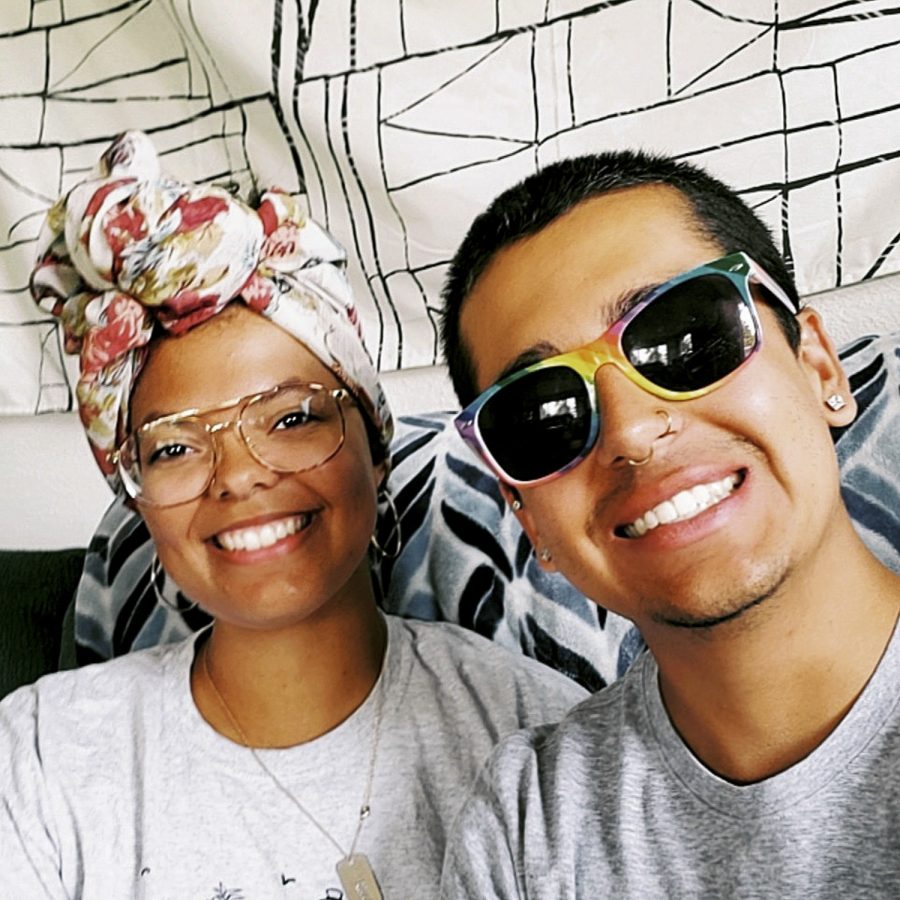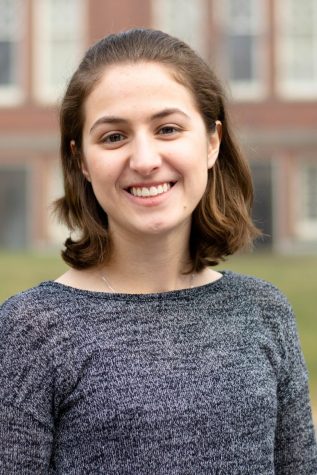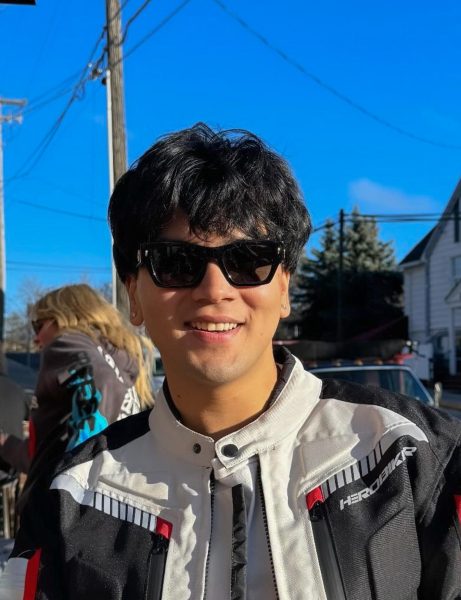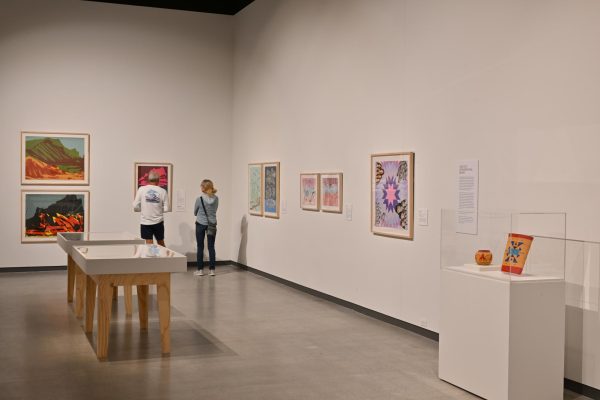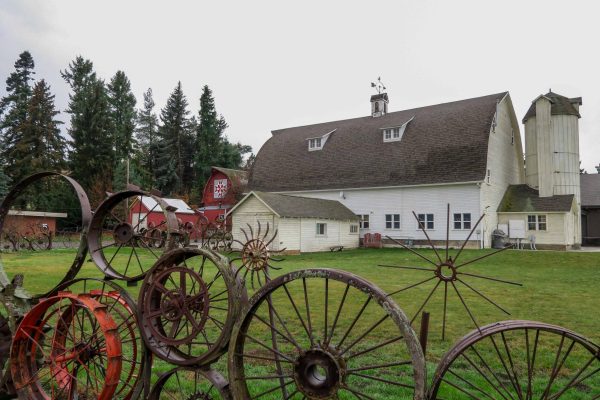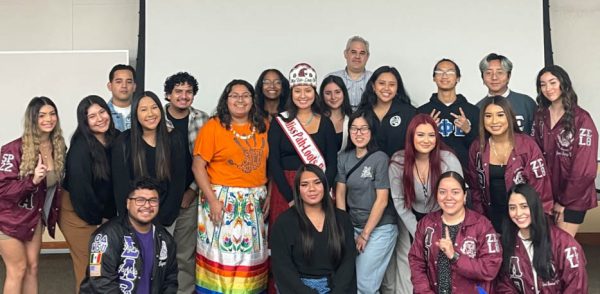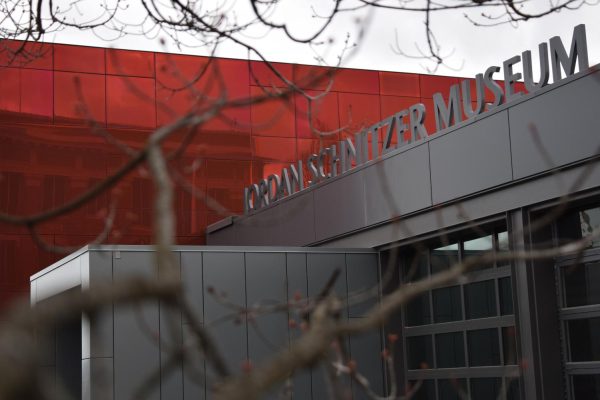POCCMB creates space for students, musicians of color
Racial issues on, off field; founders hope to address lack of support in band
Sarina Sharpe and Miguel Carroll founded POCCMB after feeling dissatisfied with how Cougar Marching Band handled race issues.
August 27, 2020
For Cougar Marching Band section leaders Miguel Carroll and Sarina Sharpe, racial issues do not stop when they step onto the field to perform at halftime.
“It’s very awkward when you’re put in a group of people who do not believe in you because of the way you are,” Carroll said.
Carroll and Sharpe founded People of Color in the Cougar Marching Band in spring 2019 after realizing they were being discredited as leaders due to the color of their skin.
Students’ and faculty members’ lack of knowledge about racism and racial issues also made it clear that a space for people of color, created by people of color, was needed, Carroll said.
“Every time it came time to actually counter race it was f-cking terrible,” they said.
POCCMB did not receive support when it first started, Sharpe said. Instead, they felt like other band members were glad the people of color were going to leave them alone about issues of race.
“We could have our own club, but at the same time, it’s like chopping off your own foot,” Carroll said. “That’s how you get rid of the problem: take it away.”
Allyship felt like a foreign concept in the band, Sharpe said. Founding POCCMB was the last step in combating racism that they could think of.
The group’s goal is to uplift student voices and other groups that are marginalized, she said. Even though POCCMB is not meeting currently, it stays active by sharing information and resources about other organizations on its Instagram page.
“I just want to see people of color in the Cougar Marching Band actually exist without having to tamp down who they are,” Sharpe said.
Sharpe hopes to see students of color in the band mattering and having a space to be heard and supported, she said.
“I would like to see the Cougar Marching Band become a space where people can come in and talk about themselves as individuals and bond as musicians without having any conflict of interest,” Carroll said.
Going through the process of founding an RSO was a validating experience, Carroll said.
“We wanted something that the university could look back on in their records and be like, ‘oh, People of Color in the Cougar Marching Band existed,’” Carroll said. “Period. Just being able to say that sentence was important to us.”


